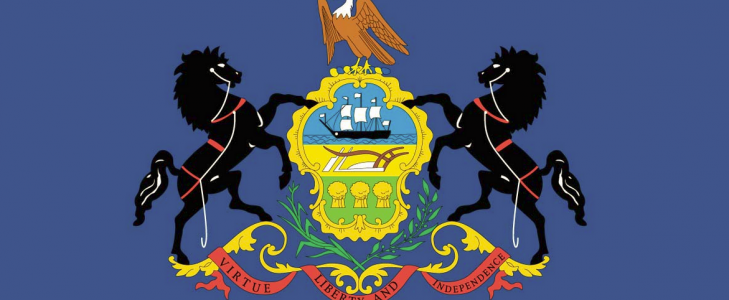Given all of the holdups and divisions in California right now, many see Pennsylvania as the next state primed to legalize online gaming. However, this isn’t to say it’s a slam dunk that the Keystone State will regulate online poker and casino games in the near future. In fact, there are a few key issues that lawmakers brought up during the Pennsylvania Senate Community, Economic and Recreational Development Committee’s second hearing on the subject. So below, let’s discuss 3 of the main issues that were discussed in the hearing.
1. Politicians worry Online Poker will affect Land-based Casino Tax Revenue
Pennsylvania is the second-largest casino market in the United States, having made just over $3 billion in 2014. So some lawmakers are worried that iGaming could potentially affect the tax revenue that the state collects from brick-and-mortar casinos. Sen. Sean Wiley is among these politicians, and he wants to propose an online poker-only bill so that there’s no competition with land-based casinos. Wiley also brought up his fears about geolocation technology and the potential for online gambling addiction.
2. Politicians don’t understand a Reasonable Online Poker Tax Rate
Sen. Tommy Tomlinson doesn’t like charging a lower tax rate on iGaming operators than land-based casinos, citing that this would encourage brick-and-mortar casinos to steer customers to their websites. Tomlinson instead favors something along the lines of the “SB 900” proposal, where iGaming operators would be charged a brutal 54% tax rate. SB 900 is the leading legislation in the Senate and, if passed, it would make Pennsylvania the world’s most-expensive online gaming market. To put this into perspective, consider that Nevada (6.75% tax rate), the U.K. (15%), New Jersey (20% combined), Italy (20%) and Spain (25%) are all far lower than what SB 900 proposes.
3. Online Gaming will not be Part of Next Pennsylvania State Budget
Based on comments from Sen. Kim Ward, the odds of iGaming passing in the Keystone State this year seem slim. “Right now we’re working on a budget in the Senate that does not include any money from gaming, whether it be internet gaming, whether it be new gaming, new ideas (off-track betting),” she said. The state’s fiscal year ends on June 30th, which is also the deadline for next year’s budget. On the positive side, Ward did say that there’s plenty of interest in regulating online gaming in Pennsylvania.
Online Gaming Regulation still looks Good In Pennsylvania
Despite concerns voiced by politicians, which are common in any iGaming market, the picture still looks good for the Keystone State. Penn National has offered projections that show $250-$350 million in annual revenue for the entire market.
And no matter if Pennsylvania’s tax rate is 15% or 54%, they stand to earn a large chunk of money from this. Just for good measure, Kevin O’Toole, Executive Director of the Pennsylvania Gaming Control Board (PGCB), provided some reassurance. O’Toole said that “the board is confident that this activity can be effectively regulated,” and he believes the operation would be up and running within 9-12 months of iGaming being legalized. Overall, if online gaming isn’t legalized in 2015, expect it to be regulated at some point next year.
